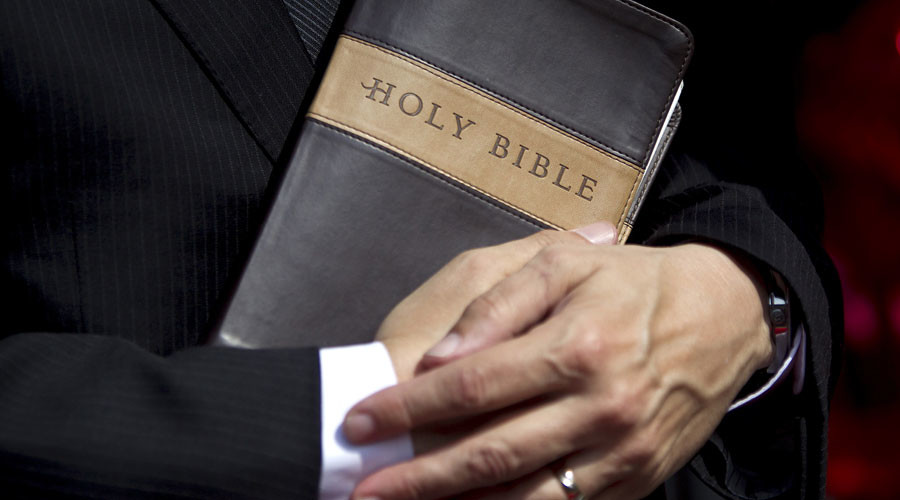A Little Levity, but then...
Environmental activist Greta Thunberg, of Sweden, addresses the Climate Action Summit in the United Nations General Assembly, at U.N. headquarters, Monday, Sept. 23, 2019.
(AP Photo/Jason DeCrow)AP Photo/Jason DeCrow
CHRIS TOMLINSON
The Swedish public has voted that climate change spending has been the biggest waste of taxpayer money in 2019, according to a poll by the Swedish Taxpayers’ Association.
The Taxpayers’ Association released the results of their annual wasteful spending poll earlier this week, declaring that climate policy had been the biggest waste of money, largely due to the fact that despite the spending, emissions in Sweden had actually slightly increased.
In 2014, the Swedish national government spent 5.2 billion Swedish krona (£419 million/$547 million), a number that has more than doubled to 12.6 billion krona (£1 billion/$1.3 billion) for the planned 2020 budget.
“The government has more than doubled the appropriations for climate policy, but despite this, emissions no longer decrease. In 2018, emissions even increased. That is why climate policy has been voted the worst waste of the year,” Johan Gustafsson, Waste Ombudsman at the Taxpayers’ Association, said.
Breitbart London
@BreitbartLondon
Sweden Looks to Ban Sale of New Petrol and Diesel Cars in Ten Years https://www.breitbart.com/europe/2019/12/22/sweden-looks-to-ban-sale-of-new-petrol-and-diesel-cars-in-ten-years/ …
The Swedish government, along with the Centre Party and the Liberals have announced they will be looking to ban the sale of new cars that use fossil fuels in the next ten years.
“Too much tax money is wasted without benefit to those who pay. It is no less important that money has an effect when it is invested in something that is important — rather the opposite,” he added.
In second place in the poll was a project from the artists’ commission that saw over a million krona donated to a project focused on art for earthworms and fungi.
Mats Caldeborg and wife Katrin Zackrisson Caldeborg were behind the project and told newspaper Expressen: “Art for birds, bumblebees, beetles, worms, and fungi is a project that wants to turn upside down in our habitual way of seeing and understanding the world. Here, nature’s smaller inhabitants are not those depicted, but themselves, in their own right, recipients of the art.”
The wasteful spending poll results come as many Swedish municipal governments face financial hardship or even bankruptcy due to a lack of money to support recently arrived migrants who have largely remained out of the labour force.
An estimated 90 per cent of migrants who came to the country during the height of the 2015 migrant crisis and received permanent residency are unemployed.












